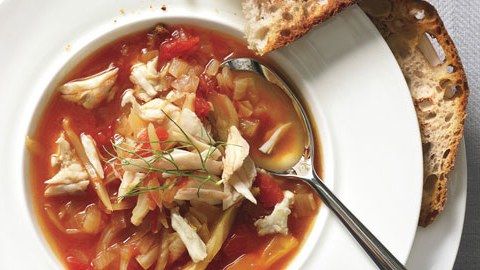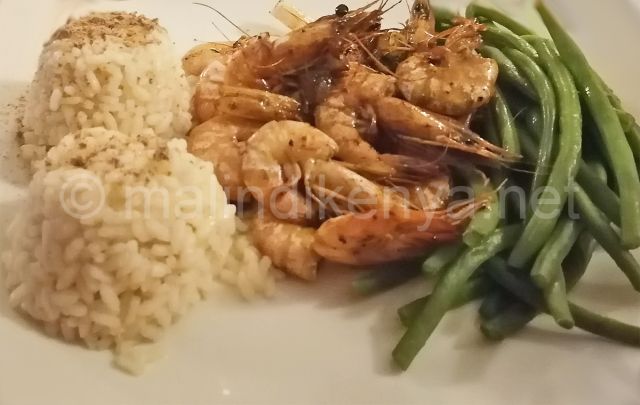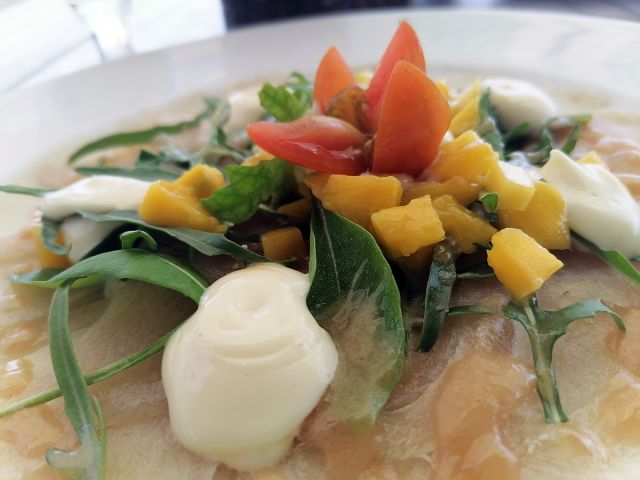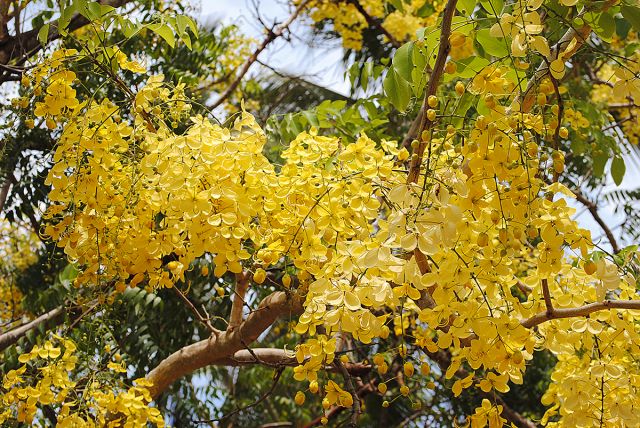
EDITORIAL
27-01-2024 by Freddie del Curatolo

Recent studies by the Department of Reproductive Health Services at the University of Nairobi, have dispelled one of the myths of certain tribes in the Kenyan highlands: the mukombero root, a kind of long, thin ginger, is not a powerful aphrodisiac, but simply 'a root that when chewed, more or less like liquorice sticks, activates through enzymes a number of properties that help to improve gastrointestinal disorders, including aerophagia, slow digestion, constipation, and gastritis. It goes without saying that, in the absence of such symptoms, one can make one's reproductive organ function better, especially when it has no intention of reproducing.
For years, not only did the local people perpetuate the tradition of chewing the yellowish root, but they propagated its virtues, so much so that the belief spread and mukombero sellers popped up in the markets, coming from the mountains, in Nairobi and Mombasa, and selling it for twenty times its value.
Even on the coast, at the beginning of the last decade, mukombero had an illusory fame, so much so that requests were flooding in and in Malindi and Watamu some handful of Italian pensioners, usually viagra-addicts, were suckered by a local trafficker who promised to go to the slopes of Mount Kenya and buy quintals of it. He actually returned with similar roots from the Mambrui hinterland, which left their old warriors dormant and provoked epic intestinal battles instead.
So, beyond the demythologising by academics, such as Professor John Ong'ech, who a few years ago had already ironically lashed out at these beliefs (which also include turtle eggs, a particular octopus and oyster soup, and even scorpion venom), perhaps the demise of the mukombero may be precisely the consequence of the commercialisation of the bogus, lowland or genetically recreated mukombero.
In short, amidst climate change, urbanisation, intensive cultivation, and the abandonment of herbalist traditions, even Kenya is gradually going soft...
Using slogans of a bygone era, one can still think, as the elders of the northern regions assure us, that 'with the mukombero of the mountains, sex is gaining' and that after a good chew, one can still hum 'mama mama, you know who's here, the mukombero has arrived'...
EDITORIALE
by Freddie del Curatolo

Our topic of the week, suggested by Freddie and Sbringo's parody "Azzurra", the third musical episode...
RECIPES
by Leni Frau

Particularly during the rainy season, Kenya's vegetables and spices offer a variety of ways to...
RECIPES
by redazione

Crab soup with ginger is a traditional dish of the Lamu archipelago.
The local population, especially on the island of Pate, usually eat this dish accompanied by coconut rice or chapati.
Here is the original recipe reworked by malindikenya. net
READ...
RECIPES
by redazione

Chicken with spices and lime is a tasty dish of land on the Kenyan coast.
Combining chicken with sweet-and-sour is a classic of Indo-Eastern cuisine, as well as pairing with ginger ...
OUR RECIPES
by redazione

Prawns from the Indian Ocean are tender, delicate and above all cheap, compared to those from the...

Fish delicacies from the Indian Ocean are distinguished not only by their often more delicate flavor...

RECIPES
by redazione

The Swahili populations of the coast of Kenya and Tanzania like to cook fish in a variety...

In Swahili they are called 'ndengu', in Italian 'fagioli verdi indiani' or mungo beans, from the Indian...